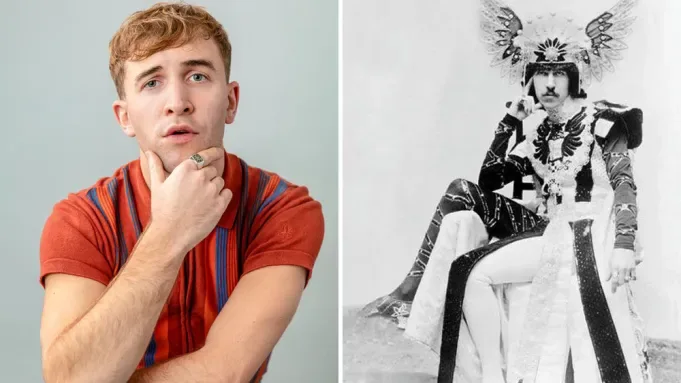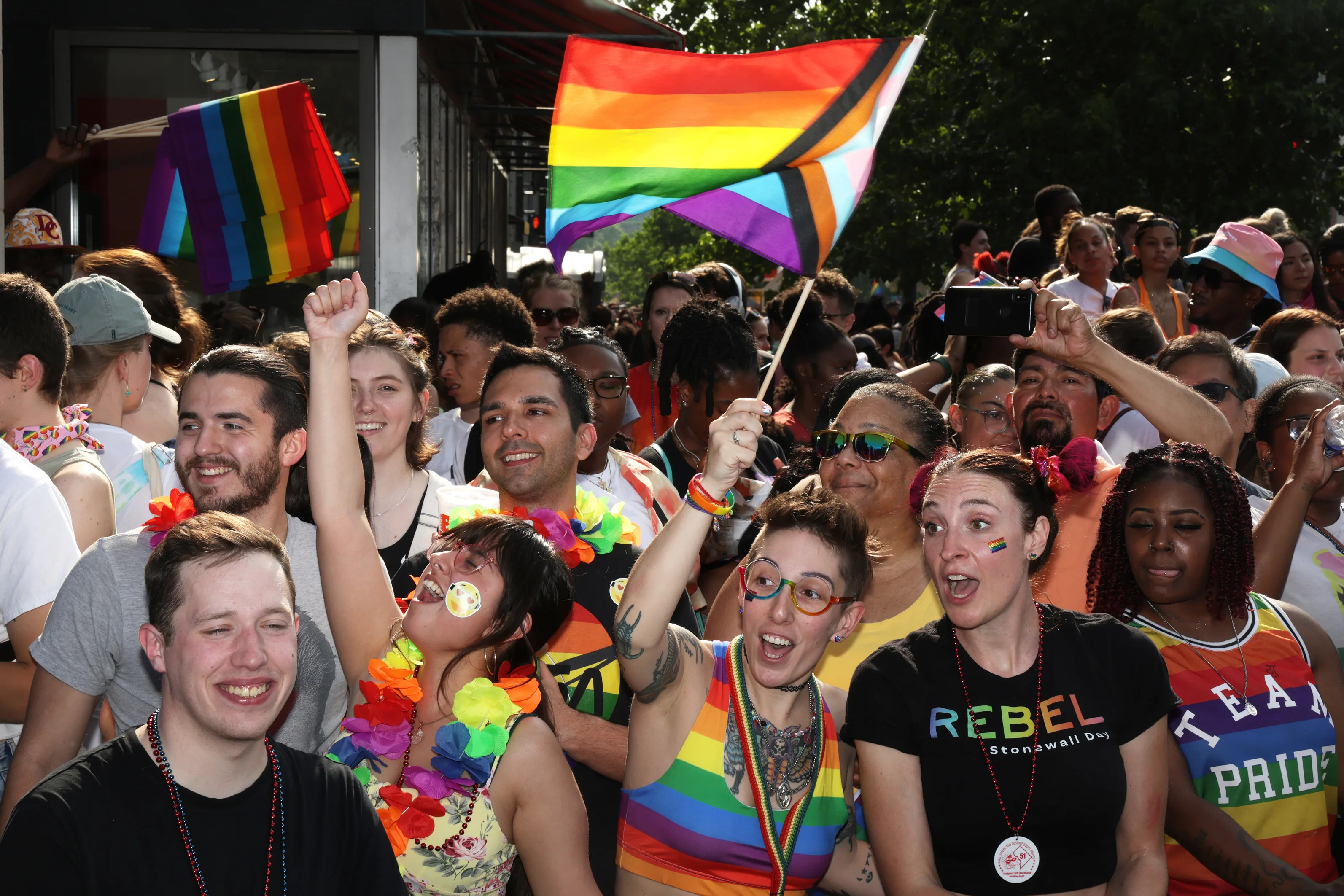With the UK set to have its first general election since 2019 tomorrow (4 July), the political parties asking for your vote have all released manifestos – each with different pledges to the LGBTQ+ community. Queer rights – particularly those of trans people – have been at the forefront of political rhetoric in recent years, with toxic debates over what a woman is to whether or not so-called ‘conversion therapy’ should be banned dominating national headlines. Now, the UK will have its say over who the next government will be, which will undoubtedly impact the lives of LGBTQ+ people for years to come.
According to a recent survey of 34,558 voters conducted by Survation, Labour is set to win 484 seats, while the Conservatives are set to narrowly gain status as Britain’s official opposition with only 64 MPs – just three more than the Liberal Democrats, who are tipped to have 61. But where does each stand on LGBTQ+ issues? While some leaders have made a number of public comments about the community since the release of their respective manifestos, including Keir Starmer saying that trans women should not have the right to use women’s spaces, Gay Star News unpacks what each of these documents say about the community.
Labour Party

- Ban all forms of so-called ‘conversion therapy’ for everyone.
- Make existing strands of hate crime an aggravated offence.
- Reform the “intrusive and outdated gender recognition law to a new process” by removing “indignities for trans people who deserve recognition and acceptance; whilst retaining the need for a diagnosis of gender dysphoria”.
- Implement the Cass Review’s recommendations “to ensure that young people presenting to the NHS with gender dysphoria are receiving appropriate and high-quality care”.
- Continue to support the implementation of the Equality Act’s single-sex exceptions.
- Commission a new HIV action plan in England in the hope of ending new cases by 2030.
Conservative Party

- “Take more time” to consider banning so-called ‘conversion therapy’ (despite promising to do so since 2018).
- Introduce legislation that means people can “only have one sex in the eyes of the law” – effectively denying non-binary people the right to have their identity legally recognised.
- Legislate to “permanently prevent” the “private prescription and supply” of puberty blockers.
- Change the Equality Act to make “sex” mean “biological sex”.
- “Complete” the implementation of the Cass Review by “ensuring that NHS services follow evidence-based best practice”.
- To ensure words such as “chestfeeding” and “birthing parent” are not used instead of “breastfeeding” and “mother” in healthcare.
- Continue implementing the HIV Action Plan.
Liberal Democrats

- Ban all forms of so-called ‘conversion therapy’.
- Legally recognise non-binary identities.
- Reform the gender recognition process to remove the requirement for medical reports.
- Offer asylum to people fleeing the risk of violence because of their sexual orientation or gender identity, as well as never refusing an LGBTQ+ applicant on the basis that they could be discreet.
- Develop a “comprehensive strategy for promoting the decriminalisation of homosexuality” and advancing LGBTQ+ equality.
- The manifesto also vows that the Lib Dems will “respect and defend the rights of people of all sexual orientations and gender identities, including trans and non-binary people” if elected.
- End the spousal veto so married trans people can get a gender recognition certificate without needing permission from their partner.
Green Party

- End spousal veto “so that married trans people can acquire their gender recognition certification without having to obtain permission from their spouse”.
- Introduce an X gender marker that non-binary and intersex people can add to their passports if they wish to.
- The manifesto says the Green Party fully supports self-ID, “so that trans and non-binary people could be legally recognised in their chosen gender through self-declaration”.
- End new cases of HIV by 2030 through making PrEP more accessible and renewing opt-out testing programmes.
- Ensure that LGBTQ+ content is included in relationships, sex and health education in schools.
- Make sure that “tailored and specific provision is readily available” for the needs of LGBTQ+ people and other minorities in the UK.
Scottish National Party

- The manifesto says the SNP “has a proud record of advancing and championing LGBTI rights in government” and vows to “protect and enhance” these if elected.
- It also promises to “build on this” by working directly with the community: “With independence we would have the full powers to improve equality in law and society, and the ability to champion LGBTI equality internationally.”
The UK’s next general election will take place on 4 July 2024.












